By David Sands
Claudia Enriquez says it’s becoming increasingly difficult for younger people to find affordable housing in Southwest Detroit, where she lives.
“Right now in Detroit, rent is so high. There’s a lot of students that want to live here and they want to live by themselves,” she said.
To help remedy this situation, Enriquez canvassed her neighborhood as part of an effort organized by the local nonprofit Congress of Communities to support a new mixed-use, mixed-income affordable housing project near Clark Park called La Joya Gardens. The new development is being spearheaded by the Southwest Detroit Business Association (SDBA) and Cinnaire Solutions with the support of the city of Detroit, the Michigan State Housing Development Authority (MSHDA), Invest Detroit, Federal Home Loan Bank of Indianapolis, Flagstar Bank and other partners.
The Congress of Communities participated in the project’s community engagement process, surveying local residents about what they would like to see happen with the new $24 million development. Now that input is finally starting to pay off as shovels hit the ground to make La Joya Gardens a reality.
Enriquez and others involved with the project got a chance to see it officially kick off on March 31 at a groundbreaking ceremony at its future home at 4000 W. Vernor Hwy. Although rain was pouring heavily at the groundbreaking event, she was in good spirits, confident that the project will turn out as she hopes.
“With this building [younger residents] are going to have the opportunity to live by themselves with a low cost,” Enriquez said. “That’s why, me and my team, we did the surveys.”
A”jewel” for the neighborhood
La Joya Gardens, which means “jewel” gardens in Spanish, will be a noteworthy addition to Southwest Detroit’s vibrant Vernor Highway corridor, an area that also includes well-known local businesses like Armando’s restaurant and the El Club nightclub.
Located near Clark Park at the corner of West Vernor Highway and Hubbard Street, the new development will feature 47 one-bedroom apartments and six two-bedroom apartments. Of these, 42 will be affordable units reserved for tenants earning between 30 percent to 80 percent area median income. That means some units could be available for as little as $500 a month.
In addition to living units, the facility will also include 6,000 square feet of retail space and 1,500 square feet of flexible ground-floor community space that will offer indoor and outdoor seating. The development will also include a new plaza located next to four street-facing retail spaces and a 500-square-foot cafe intended to be rented out to Southwest Detroit businesses and entrepreneurs.
Planning for the project got underway in 2018 with a comprehensive community engagement process. During a six-month “participatory design” phase, 200 local stakeholders met with architects for a series of meetings and focus groups.
Through this process, local residents and business owners were able to weigh in on the project’s design elements as well as the types of businesses and community services they wanted to see at the location. There was even a contest held to name the new development. The winner, a local resident, named La Joya Gardens after a popular ranch located in the small town where she grew up in Jalisco, Mexico. The project is being designed by SITIO Architecture + Urbanism and built by O’Brien Construction.
Sandra Guttierez, who sits on SDBA’s board of directors, acknowledged that the new development has been a long time in the making, but is excited to see construction finally get underway.
“To me, it’s proof that hard work pays off and the beginning of a beautiful jewel that’s going to be coming into our community.”
The project is part of the public-private Strategic Neighborhood Fund (SNF), a partnership between the city of Detroit, Invest Detroit, neighborhood residents and corporate donors.
Since 2018, the SNF has invested $118.5 million in 72 unique projects to help revitalize 10 neighborhoods across the city. As the SNF corporate partner for the project, PNC Bank funded the community engagement process for the project and contributed $1.6 million in gap funding to support the affordability of living units with the project.
The city of Detroit’s Housing & Revitalization Department (HRD) also pitched in, investing $2.36 million into La Joya Gardens through HOME and the Affordable Housing Development Fund. In addition to that, the project has received a $12.4 million in Low Income Housing Tax Credit (LIHTC) investment from Cinnaire; a $3.2 million loan and a $588,647 HOME/House Trust award from the MSHDA; a $500,000 Affordable Housing Program (AHP) Award from the Federal Home Loan Bank of Indianapolis and a $500,000 investment from the Detroit Economic Growth Corporation.
Pastor Kevin Casillas of the local First Latin American Baptist Church opened his doors to community engagement meetings during the planning of La Joya Gardens. He’s glad to see the project moving along.
“We’ve seen the plight of many in our community that are just overburdened by high rents, living paycheck to paycheck and we’re really glad that a significant portion of the housing will be dedicated to those that are suffering because of a lack of resources and the challenges of living under the poverty line,” he said.
Beyond that Casillas is excited about the prospects of local businesses and community members making use of the space, remarking he’d like to see something like a local taco truck or an arts program operating out of La Joya. He’s also mindful to credit the imminent arrival of La Joya Gardens to the hard work and perseverance of community members who have helped the neighborhood to thrive.
“Southwest Detroit is blossoming,” he said. “It’s the result of the residents that have been here for years, who have taken care of this community, invested their lives in it. This is a part of that.”
– All photos by Steve Koss. Rendering of La Joya Gardens provided by the city of Detroit.
– Resilient Neighborhoods is a reporting and engagement series that examines how Detroit residents and community development organizations are working together to strengthen local neighborhoods. This story was originally produced and published by Model D Media and is reprinted in New Michigan Media newspapers through a partnership supported by the Kresge Foundation. It has been edited for style.



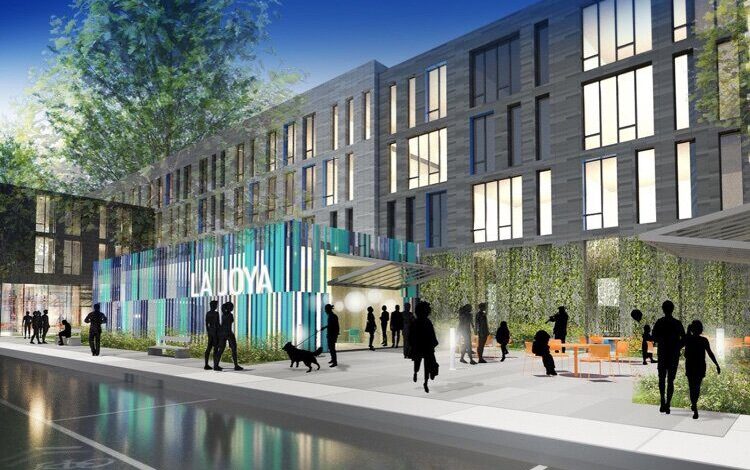
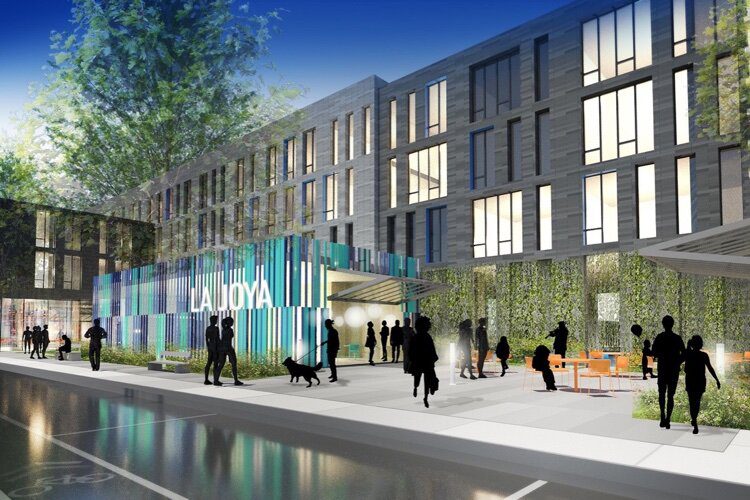
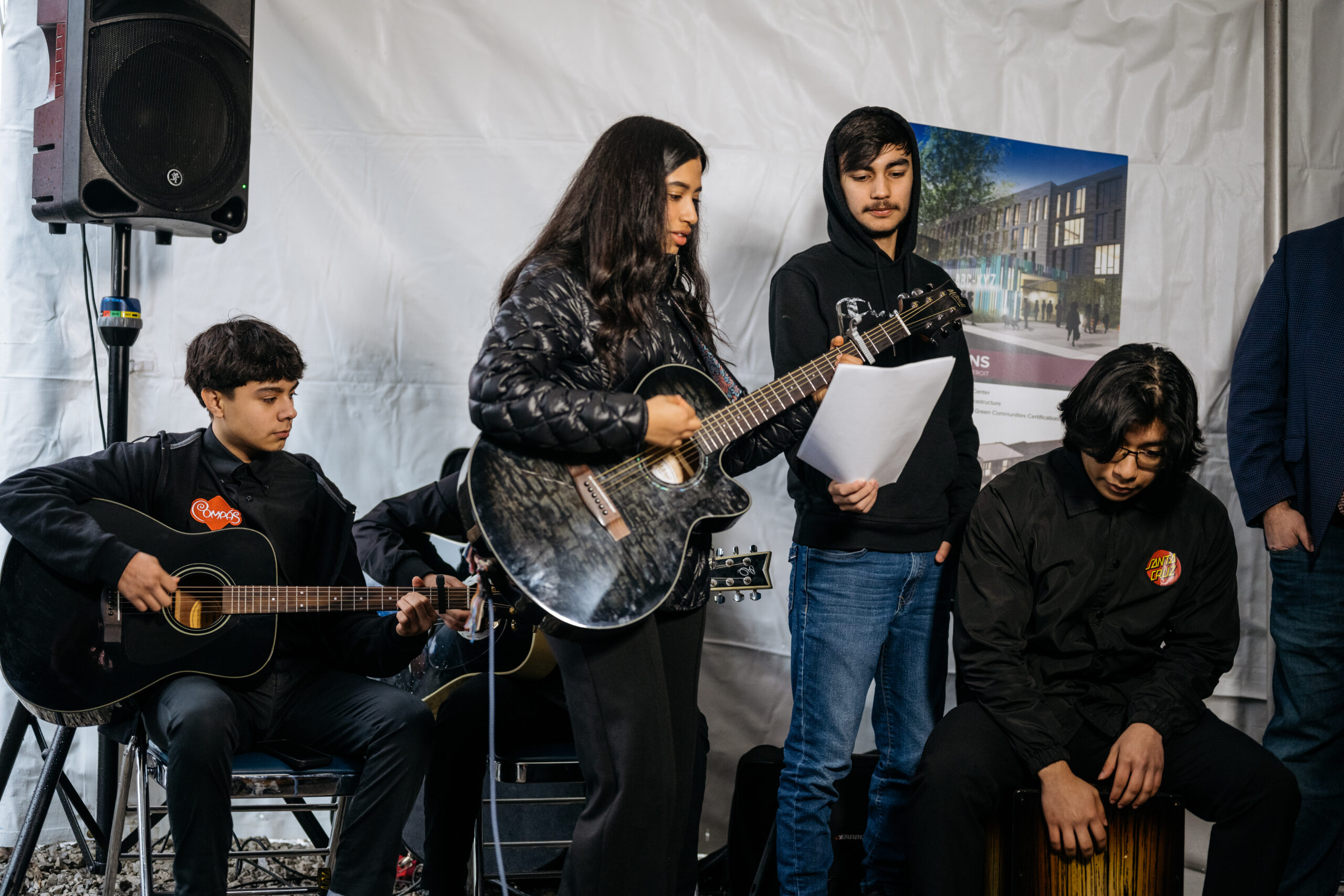
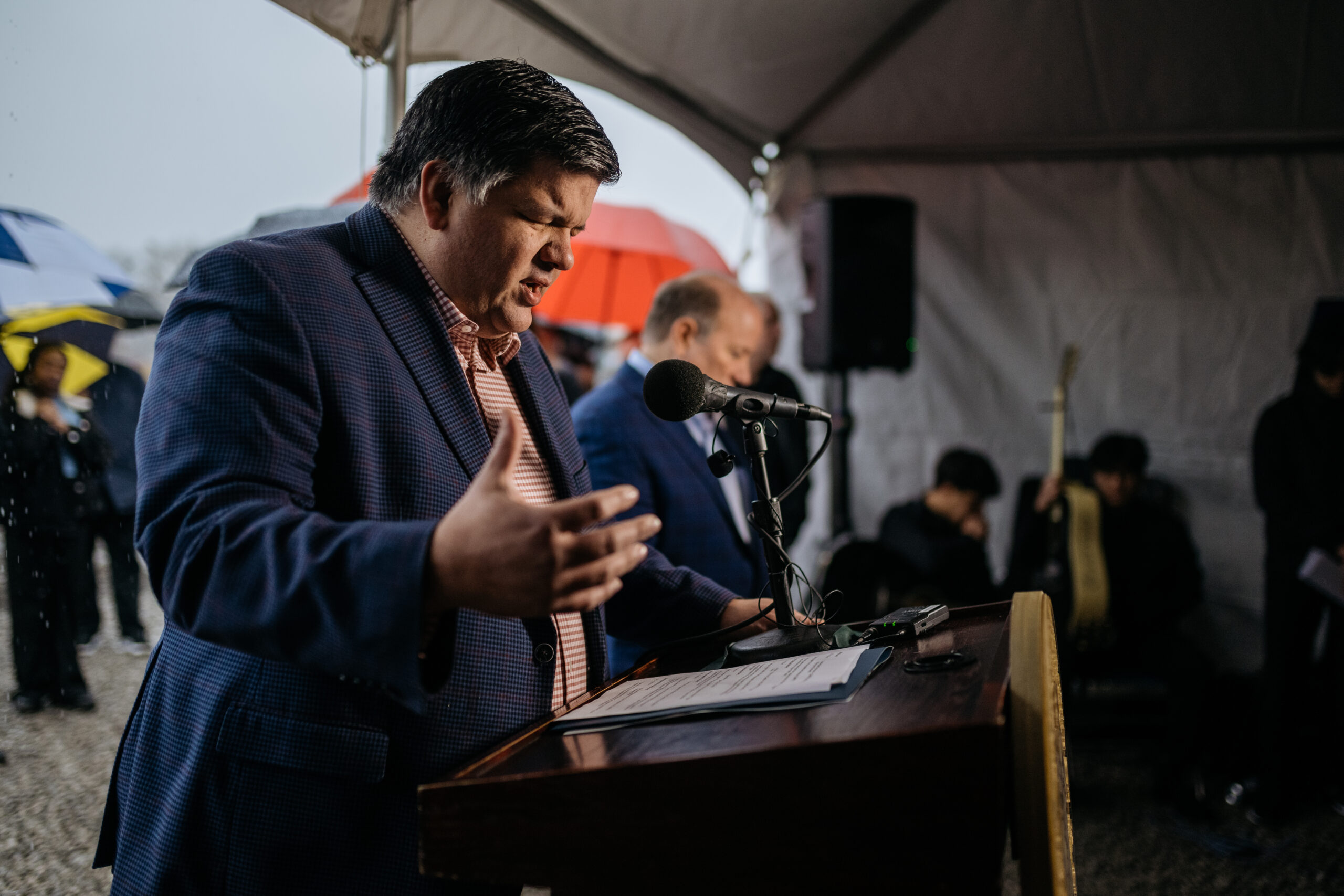
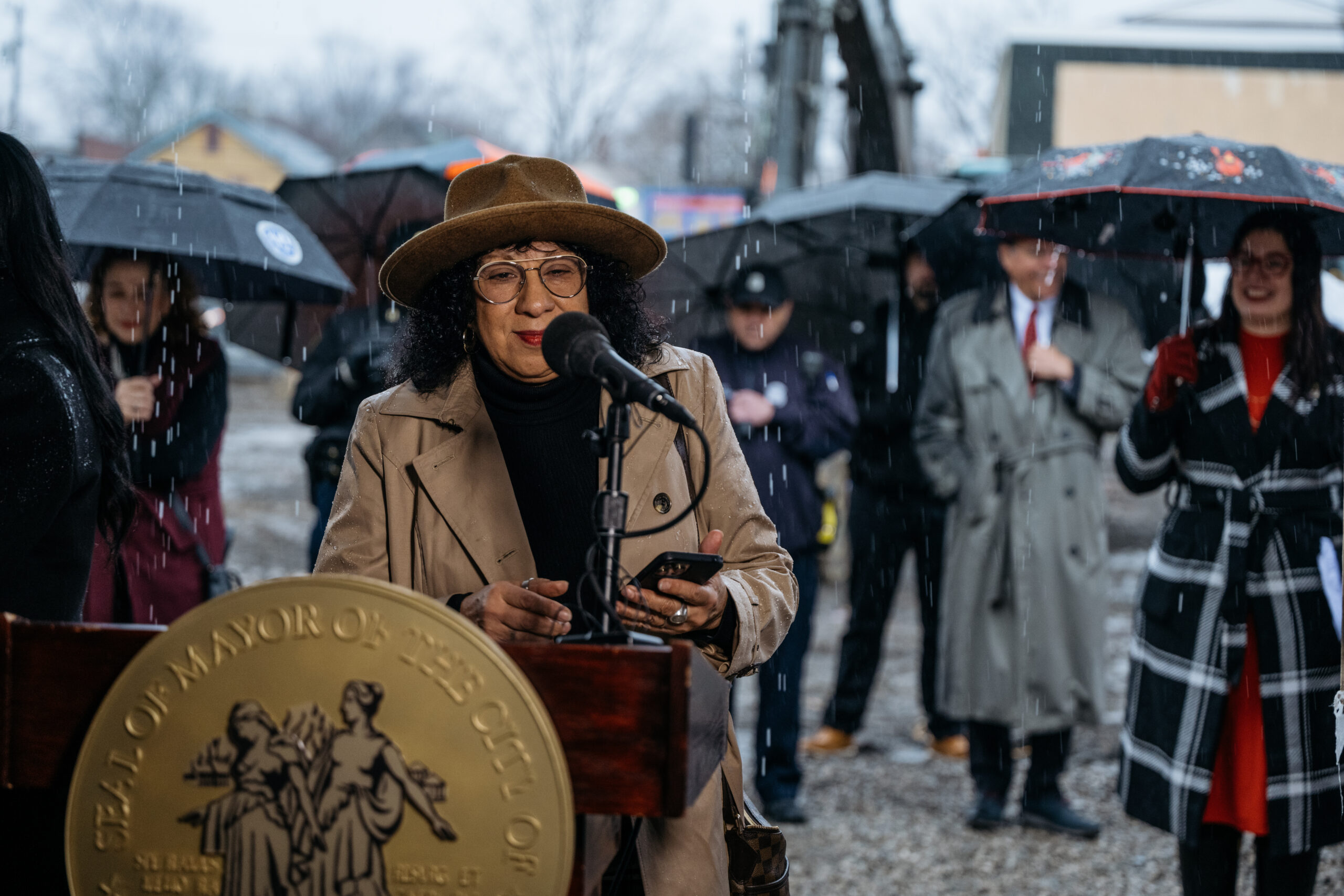
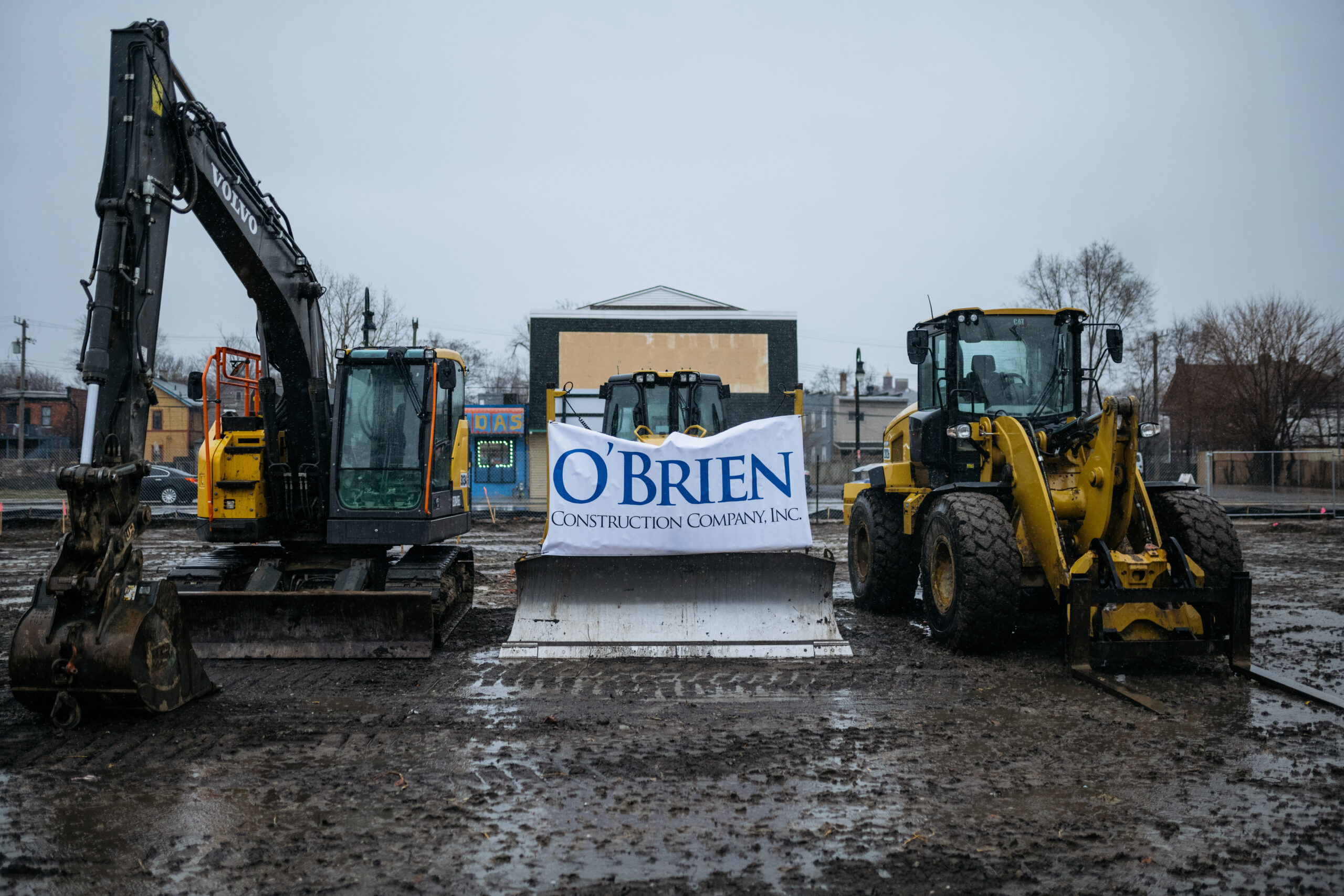



Leave a Reply